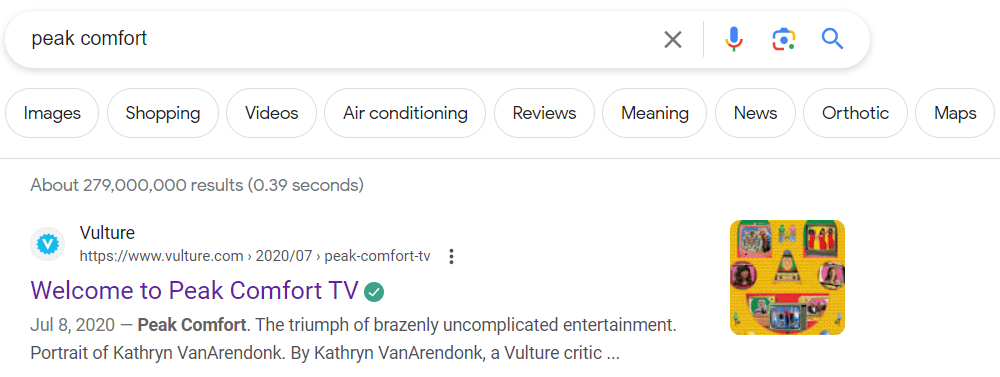As long as a website has no technical limitations that would prevent search engines from seeing their content, and as long as the content is good – it can rank well even “without SEO”.
Search engines don’t only value fully-optimized and check-listed pages. Moreover, the main goal of search engines is to provide the best results, and to do that – they need to build an algorithm that cannot be manipulated. That means organic, spontaneous, and “less-optimized” content may sometimes rank easier and higher than another piece of content utilizing all the up-to-date best practices.
However, not optimizing for SEO at all on a website that does rank on search even without optimization is a huge missed opportunity to take that traction a step further.
Are you using the verbiage that your customers are using?
For example, you may call your collection of products “white sleeveless jackets”, but if you renamed it to “white vest jackets”, you may be getting 55% more monthly traffic from users looking for the exact same products.

Are you using verbiage that is searchable?
Maybe you’re selling white vest jackets, but you’re neither calling them “vest jackets” nor “sleeveless jackets”. Maybe, to highlight the comfort-focused features of the vest, you are calling the product line Peak Comfort. But, the first ranking result for that terminology isn’t a vest nor a jacket, it’s an article about a TV entertainment platform.

By investing into SEO on a website that’s otherwise gaining traction on search passively by itself, you can double or even triple your organic traffic within just one year.
Don’t know how big of an opportunity SEO is for your business? Contact Fire&Spark – we will conduct a free SEO opportunity analysis for your business, and get back to you with our findings.

